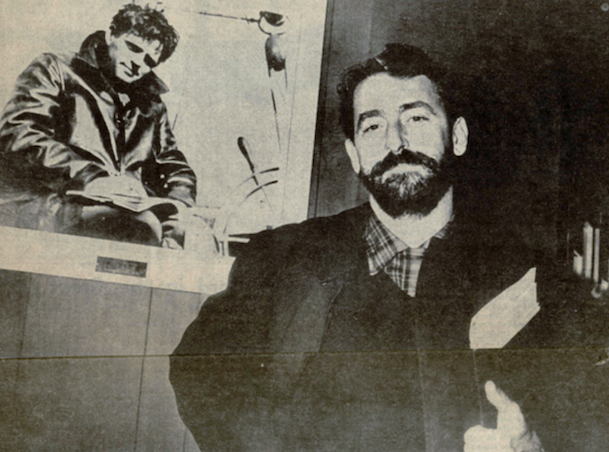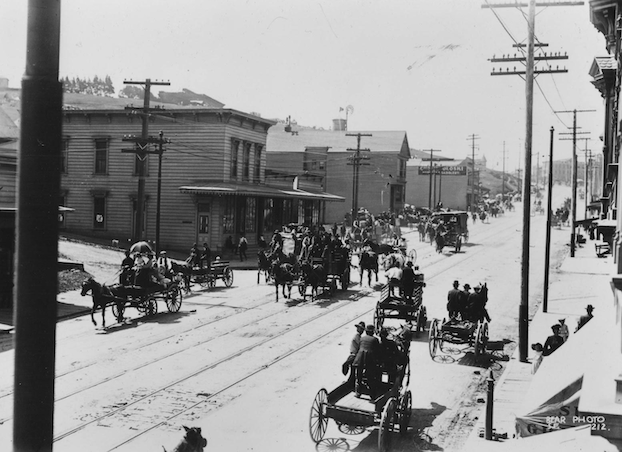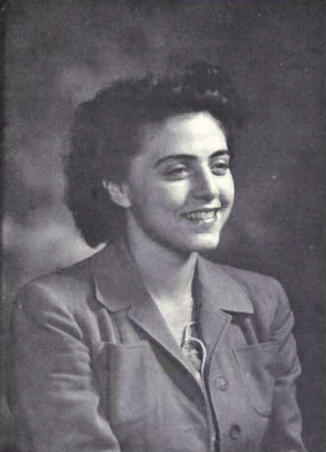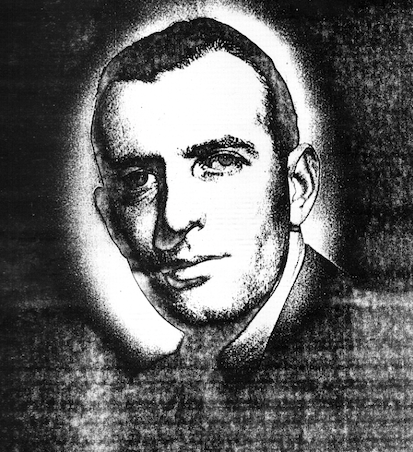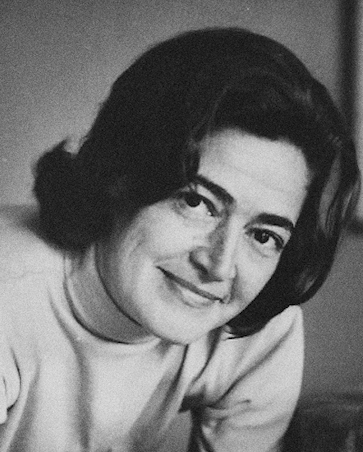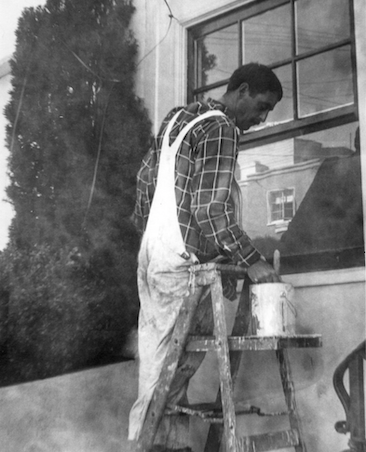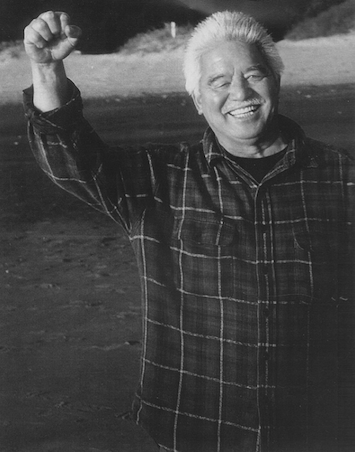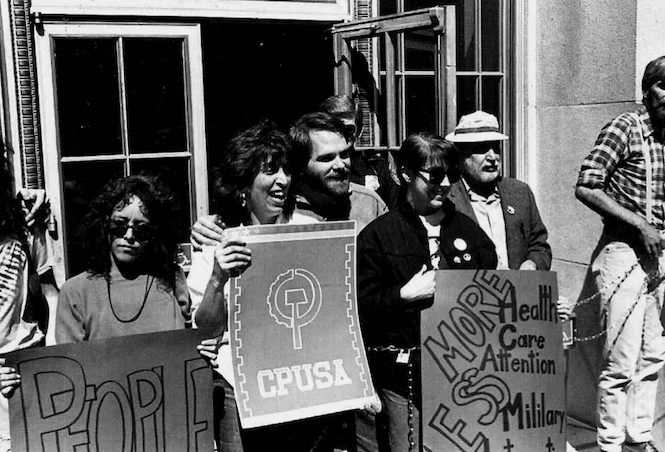Making the Hill Red: Bernal Labor Activists: Difference between revisions
EvaKnowles (talk | contribs) central page for MM labor activists |
fixed link |
||
| Line 48: | Line 48: | ||
'''[[Giuliana “Huli” Milanese|Giuliana “Huli” Milanese (1944-)]]''' | '''[[[[Giuliana "Huli" Milanese|Giuliana “Huli” Milanese]]|Giuliana “Huli” Milanese (1944-)]]''' | ||
[[Image:Guiliana "Huli" Milanese.png]] | [[Image:Guiliana "Huli" Milanese.png]] | ||
[[category:Labor]] [[category:Bernal Heights]] | [[category:Labor]] [[category:Bernal Heights]] | ||
Revision as of 15:09, 5 September 2024
by Molly Martin, Gail Sansbury, Elaine Elison, and the Bernal History Project
Dow Wilson of Painters Local 4, who was famously assassinated in 1966, standing in front of a picture of the writer and socialist Jack London.
Bernal Heights in San Francisco has always been called Red Hill, perhaps because it’s made of red rock—Franciscan formation chert—that once lay under the ocean.
More likely that moniker has to do with the large number of Reds who lived on the hill over the decades: Communists, Socialists, labor activists, and New Leftists.
Ever since it was colonized by Europeans, Bernal Heights, on San Francisco’s south end, has been a working class neighborhood. Slaughterhouses and tanneries proliferated along the creeks on the south and north sides of the hill before the turn of the 20th century. Breweries like the North Star on Army St. operated until the Volstead Prohibition act put them out of business in 1920.
This photo of Mission Street at Kingston was taken in 1906 during one of many carmens’ strikes of that era.
Bernal Hill never was home to much industry, but its two streetcar barns at the foot of the hill were the site of pitched battles during the carmens’ strike of 1907. In San Francisco’s deadliest strike, 26 people were killed and hundreds injured during the nine months the carmen were out. That year saw strikes in several unions, of women as well as men workers, and a general strike was nearly called. The city seemed on the verge of class war, with Market Street being the dividing line. It’s not hard to guess which side Bernal’s residents were on.
In the 2000s, neighbors came together to form the Bernal History Project and to research the history of our hill. We published a book, San Francisco’s Bernal Heights, and gave slideshow presentations around the city. In 2008 as part of the annual SF Labor Fest we gave a presentation called Reds on the Hill at the local bookstore, then Red Hill Books.
We chose to focus on six Bernal residents who had been active in labor struggles from the 1930s through the 1980s: Eugene Paton, Miriam Dinkin Johnson, Phiz Mezey, Dow Wilson, Bill Soro and Giuliana Milanese. These are the stories of working class people deeply committed to changing the world. They are six of many.
Thanks to the SF Labor Archives and Research Center, a rich source of information about union movements and working class life in the Bay Area, and the families of our subjects, especially Patty Paton Cavagnaro and Petrina Caruso Paton for their family albums.
Miriam Dinkin Johnson (1918-2001)
Eugene “Pat” Paton (1913-1951)
[[Giuliana “Huli” Milanese|Giuliana “Huli” Milanese (1944-)]]

